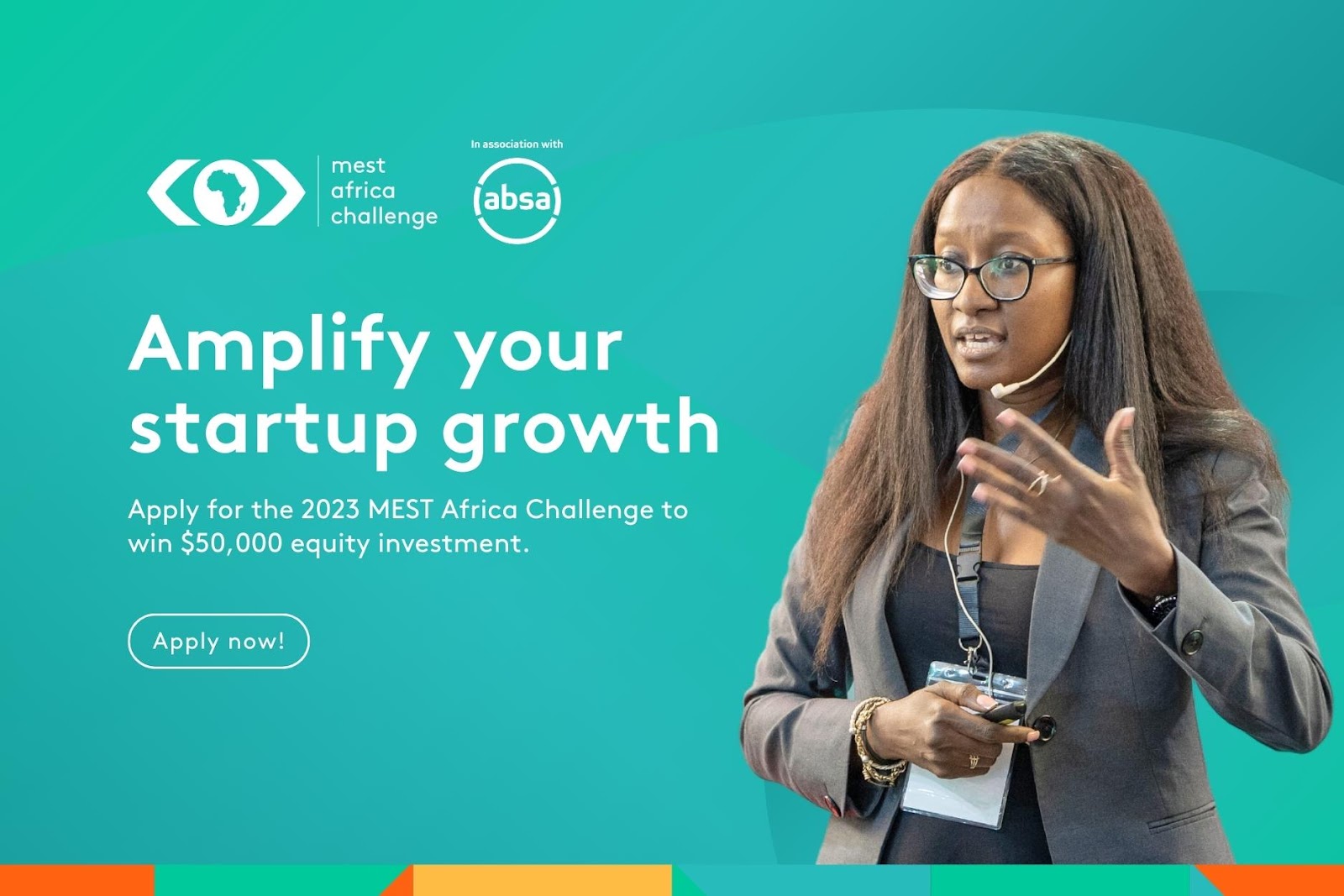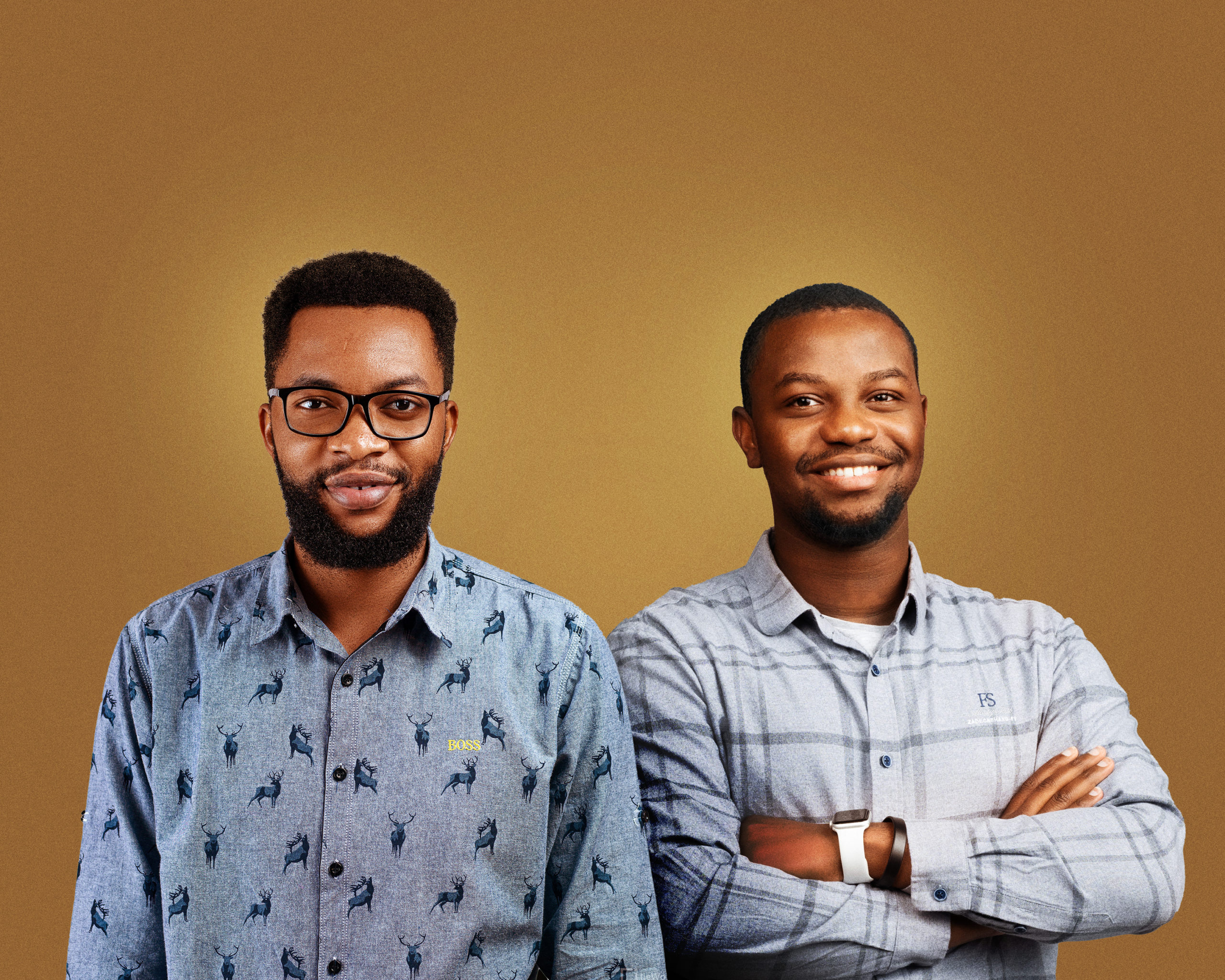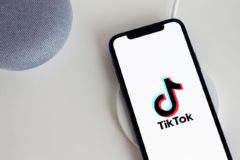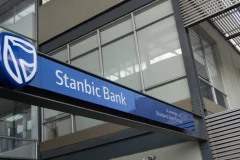

Fact-checking African elections with AI
As of 2022, there were 384 million social media users in Africa, making social media an easy way to access news and information for Africans. Yet this comes with its risks. The easy accessibility of information means fake news can spread widely, making it hard for internet users to trust what they consume online.
According to a survey conducted by The University of Sheffield, almost half of African media consumers are increasingly exposed to misinformation every day.
With multiple elections scheduled to be held across different African countries, there has been an increase in fake news across diverse social media platforms. While fact-checking plays a key role in fixing this, there are not enough human fact-checkers on the continent to keep pace with serving the public with verified claims, given the massive and high-speed flow of political misinformation during elections.
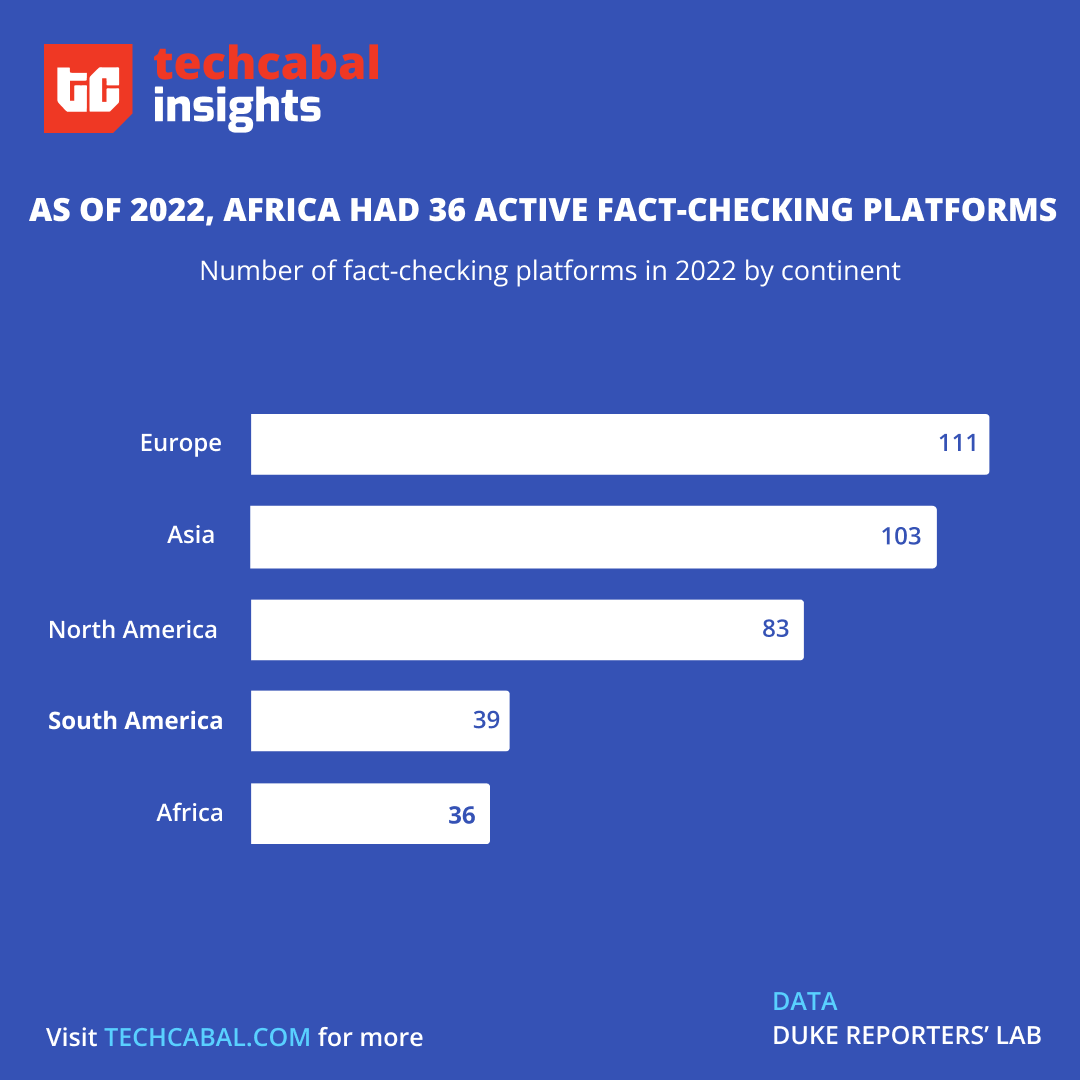
Automated fact-checking (AFC) could help reduce the spread of online misinformation with tools driven by artificial intelligence like Storyzy, Emergent, Full Fact, Twitter Trails, Lazy Truth, ClaimReview, Factstream, etc. With a growing use around the world, adopting them can assist local fact-checkers in the processes of identifying or verifying fake news and information in real-time, and retrieving relevant evidence to debunk misleading claims as they arise.
Abideen Olasupo, the founder of Nigeria-based FactCheckElections, believes the adoption of automated fact-checking in tackling election misinformation is still in its early stages in Africa, as there is a long way to go before the approach becomes widespread. “One challenge is the limited access to technology and the internet in many African countries, which makes it difficult to reach a wide audience with fact-checking information,” he told TechCabal. “Another is the limited funding for fact-checking platforms, which can make it difficult for them to scale their operations.”
Meanwhile, automated fact-checking may not accurately detect misinformation spread through visual content and complicated claims. Adesola Ikulajolu, the fact-check lead at RoundCheck, said the limitation of automated fact-checking is when verifying certain misinformation that can only be done via human verifications like phone calls and emails. “This is because automation can only work perfectly to the degree to which it has been programmed,” he told TechCabal. Ikulajolu recommends that for automated fact-checking to be fully adopted for elections in Africa, there should be a deliberate coalition of fact-checkers to provide verified information and authoritative data to be programmed.
Get all our reports here and watch videos from our events. Got any research requests? Send them to us here.
The World Wide Web3
Source:

|
Coin Name |
Current Value |
Day |
Month |
|---|---|---|---|
| $26,642 |
+ 0.41% |
+ 0.84% |
|
| $1,628 |
– 0.04% |
– 2.69% |
|
|
$217 |
+ 1.21% |
+ 1.58% |
|
| $0.2485 |
– 0.34% |
– 3.54% |
* Data as of 04:26 AM WAT, September 18, 2023.
The Moonshot Conference
Tickets are still selling out fast for the gathering of the most audacious players in Africa’s tech ecosystem.
You and your friends can get an exclusive discount to secure your seats if you haven’t yet.
- Derivco – Project Manager Level 2 – Durban, KwaZulu-Natal, South Africa (Hybrid)
- Andela– Senior Data Modeler– Lagos, Nigeria (Remote)
- Canonical- Design Team Manager – Lagos, Nigeria (Remote)
- LemFi – Technical Support Lead – Lagos, Nigeria (Remote)
What else we are reading













